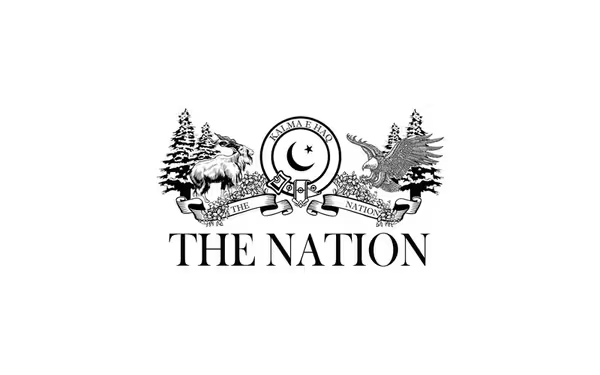Saturday, November 16, 2024 07:39 PM
Key Perspectives on Kashmir Dispute Highlighted in Islamabad Seminar
- Ambassador Mahmood emphasizes Kashmir as an unfinished partition issue.
- Speakers condemn India's demographic changes in Jammu and Kashmir.
- Future scenarios suggest India may claim Azad Jammu and Kashmir.
 Image Credits: nation_pk
Image Credits: nation_pkA seminar in Islamabad discusses the Kashmir dispute, emphasizing Pakistan's support and condemning India's actions.
The Jammu and Kashmir dispute has been a long-standing issue between India and Pakistan, rooted in historical, legal, and humanitarian complexities. This conflict, which emerged during the partition of British India in 1947, has led to numerous wars and ongoing tensions between the two nations. The region is not only significant for its strategic location but also for the aspirations of its people, who seek self-determination and justice. Recently, a seminar titled “Understanding Complexities of Jammu and Kashmir Dispute” was held in Islamabad, where various speakers shed light on these critical aspects.
Hosted by the India Study Centre at the Institute of Strategic Studies Islamabad, in collaboration with the National University of Modern Languages, the seminar brought together academicians, practitioners, researchers, and students. Ambassador Sohail Mahmood, the Director General of ISSI, delivered a keynote address emphasizing Pakistan’s unwavering support for the people of Kashmir. He reiterated that Kashmir is an “unfinished part of the partition,” a sentiment echoed by many in the international community. Ambassador Mahmood outlined three essential factors that should guide Pakistan’s approach: a realistic assessment of the situation, a firm national resolve, and enhanced outreach to the global community.
During the seminar, it was highlighted that Kashmir is the oldest unresolved dispute on the agenda of the UN Security Council, with numerous resolutions advocating for the right to self-determination through a free and impartial plebiscite. Ambassador Mahmood condemned India’s attempts to alter the demographic structure of Jammu and Kashmir, labeling these actions as violations of UN resolutions and the Fourth Geneva Convention. He asserted that Pakistan has the right to address the Kashmir issue both bilaterally and internationally, emphasizing that the UN’s continued engagement signifies that Kashmir is not merely an “internal matter” for India.
Dr. Khurram Abbas, Director of ISC, provided a critical analysis of India’s historical claims to Kashmir, challenging the legitimacy of its accession narrative. He pointed out discrepancies in historical records, including the views of historians like Alastair Lamb, which cast doubt on India’s claims. Furthermore, Ms. Naila Kiyani discussed the severe repression faced by Kashmiris under new laws that strip them of their rights and special status, highlighting widespread human rights abuses such as mass detentions and forced resettlements.
Shiraz Hassan, a lecturer at NUML, analyzed the Modi government’s strategy, describing it as an attempt to suppress the voices of Kashmiris under the pretext of economic development. He urged for active engagement with US policymakers to counter India’s narrative. Meanwhile, Tabinda Asghar focused on the UN’s role in the Kashmir issue, questioning its effectiveness in addressing human rights violations and advocating for the right to self-determination.
Dr. Sajid Iqbal Khattak discussed potential future scenarios for the Kashmir dispute, suggesting that India might attempt to claim Azad Jammu and Kashmir based on developmental disparities. He recommended a strategic shift towards action-oriented advocacy and regional partnerships to prioritize stability at home. Drawing inspiration from the Azerbaijan model, he emphasized the need for readiness and strategic initiatives to support Kashmir’s cause effectively.
The seminar concluded with remarks from Dr. Sarwat Rauf and Ambassador Khalid Mahmood, who reiterated Pakistan’s steadfast support for the people of Jammu and Kashmir until a just solution is achieved. The discussions at this seminar not only highlighted the complexities of the Kashmir dispute but also underscored the importance of continued dialogue and advocacy for the rights of the Kashmiri people. As the world watches, it is crucial for all stakeholders to engage constructively in seeking a resolution that honors the aspirations of the people of Kashmir.













